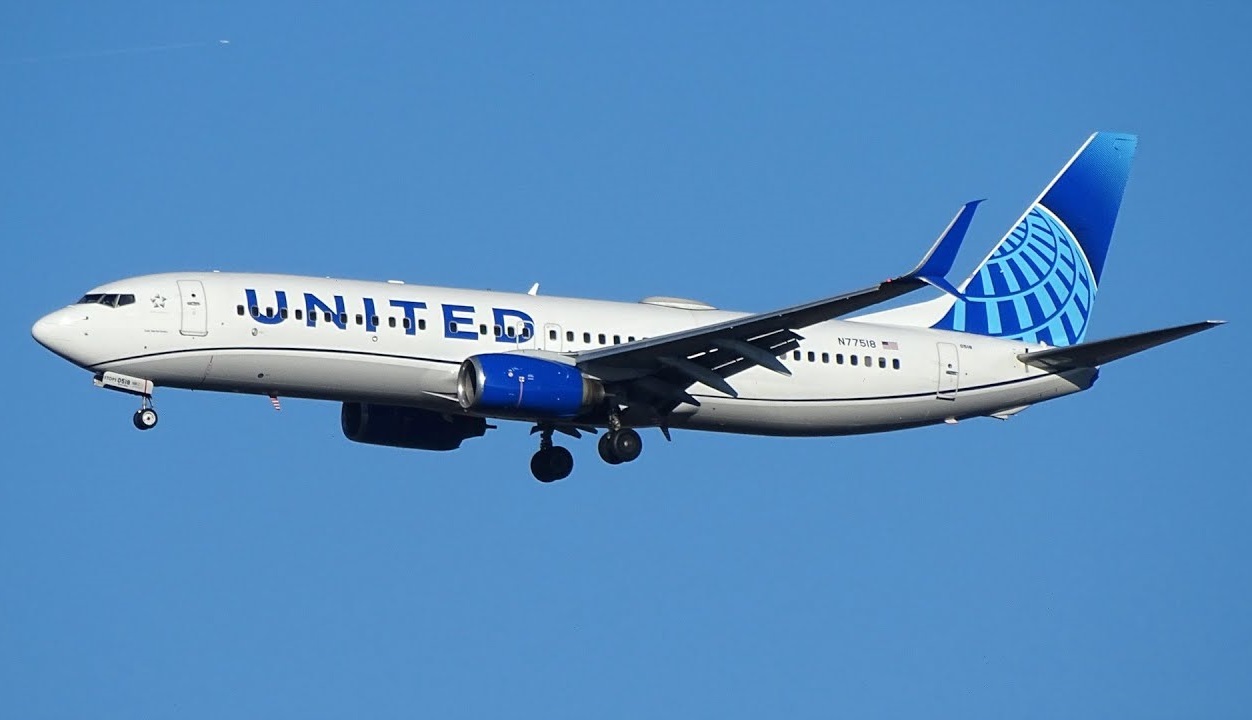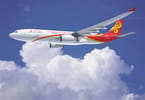U.S. airlines that pared seating capacity about 10 percent this year may deepen the cuts in 2009 to ensure the industry makes its first profit in a recession.
The pullback at big carriers including Delta Air Lines Inc. and American Airlines may reach 8 percent and include non-U.S. markets where they’ve been expanding in the absence of discount rivals, according to six analysts surveyed by Bloomberg.
“It’s coming,” said Kevin Crissey, a UBS Securities LLC analyst in New York. “You definitely want to see them out in advance of the difficulties. Err on the side of cutting and if you miss a bit of revenue, so be it. You don’t want to get run over by weak demand.”
New reductions would build on this year’s retrenchment, the U.S. industry’s most sweeping since the Sept. 11 terrorist attacks. The biggest carriers already say they will eliminate 26,000 jobs and ground 460 jets by the end of 2009.
Investors may get clues to airlines’ plans tomorrow at a Credit Suisse Group AG conference in New York, the first such gathering since Delta said Nov. 21 it may pare flying again. Overseas advance bookings are down as much as five percentage points this quarter at Delta, the world’s largest carrier.
Even with a drop in air travel that may be the worst since the Sept. 11 attacks, U.S. carriers should be profitable in 2009, based on the analysts surveyed by Bloomberg. Three other analysts echoed that prediction in reports to investors.
‘Nice Year’
“The capacity cuts taken in 2008, combined with the drop in oil prices, should make for a nice year,” said Jim Corridore, a New York-based Standard & Poor’s equity analyst. “More capacity cuts are likely if, as expected, spending for air travel slows.”
Airlines fell today along with most U.S. stocks on concern that the global economic slump is deepening.
Delta dropped 85 cents, or 9.7 percent, to $7.96 at 4 p.m. in New York Stock Exchange composite trading, while American parent AMR Corp. slipped 75 cents, or 8.5 percent, to $8.03. United parent UAL Corp. fell $2.31, or 21 percent, to $8.94 in Nasdaq Stock Market trading.
Airlines trim seating capacity by dropping routes or flying them less frequently, or replacing large jets with smaller ones. U.S. carriers started their biggest 2008 cuts in September, helping most post gains of at least 8 percent in third-quarter revenue for each seat flown a mile.
‘Pretty Simple’
“The math is pretty simple,” Crissey said. “Wherever seats come out, unit revenue goes up.”
Airlines also should benefit from jet fuel’s 60 percent plunge since peaking at $4.36 a gallon in July. Fuel still averaged $3.18 in 2008 through Nov. 28, 50 percent more than the same period a year earlier, which will send big full-fare carriers including Delta, AMR and UAL to losses this year.
Carriers including American, Continental Airlines Inc. and US Airways Group Inc. have said it’s too early to determine whether seats in global markets should be trimmed in 2009.
“We are prepared to cut further domestic and international capacity if need be,” Chief Executive Officer Gerard Arpey said in a Nov. 3 interview at AMR’s Fort Worth, Texas, headquarters. “That’s not something we hope to do or want to do.”
Still, the airlines are confronting signs of waning international demand to go along with domestic declines such as American’s 5.9 percent through October.
Mastelio keitimas atgal
United, No. 3 in the U.S. behind Delta and American, said passenger traffic fell 17 percent last month on Pacific and Latin American routes. Atlantic traffic rose 4.9 percent. Chicago-based United already plans to chop international capacity by as much as 8 percent in 2009.
Delta already is scaling back this quarter’s planned international growth to 15 percent, down two percentage points. Domestic seating at Atlanta-based Delta, which bought Northwest Airlines Corp. last month, will fall as much as 14 percent.
AMR said in October it planned to trim 2009 capacity 5.5 percent from this year in its primary jet operations. That includes an 8.5 percent cut in domestic markets and a drop of almost 1 percent for international service.
“If international demand looks weaker, the logical place to cut would be the second-half international operations,” said Michael Derchin, an analyst with FTN Midwest Research Securities in New York. “They certainly would reduce that by 5 percent to 7 percent or more if demand deterioration warrants.”
International air travel fell for a second consecutive month in October, the latest period for which figures are available, according to an industry trade group. The 1.3 percent drop followed a 2.9 percent slide in September.
‘Gloom Continues’
“The gloom continues,” said Giovanni Bisignani, CEO of the International Air Transport Association in Geneva.
While it’s harder to cut international capacity because flights are less frequent and smaller jets usually aren’t an option on long routes, airlines’ swift response to the fuel crisis suggests they would respond quickly to further weakening in travel, according to analysts including S&P’s Corridore.
“If they were monitoring bookings every week, now they’re doing it every day,” Corridore said. “If they monitored it every day, now they’re checking it three times a day. They are being very diligent this time to make sure they stay ahead of the demand curve.”
KĄ IŠSIIMTI IŠ ŠIO STRAIPSNIO:
- airlines that pared seating capacity about 10 percent this year may deepen the cuts in 2009 to ensure the industry makes its first profit in a recession.
- “The capacity cuts taken in 2008, combined with the drop in oil prices, should make for a nice year,” said Jim Corridore, a New York-based Standard &.
- carriers started their biggest 2008 cuts in September, helping most post gains of at least 8 percent in third-quarter revenue for each seat flown a mile.






















